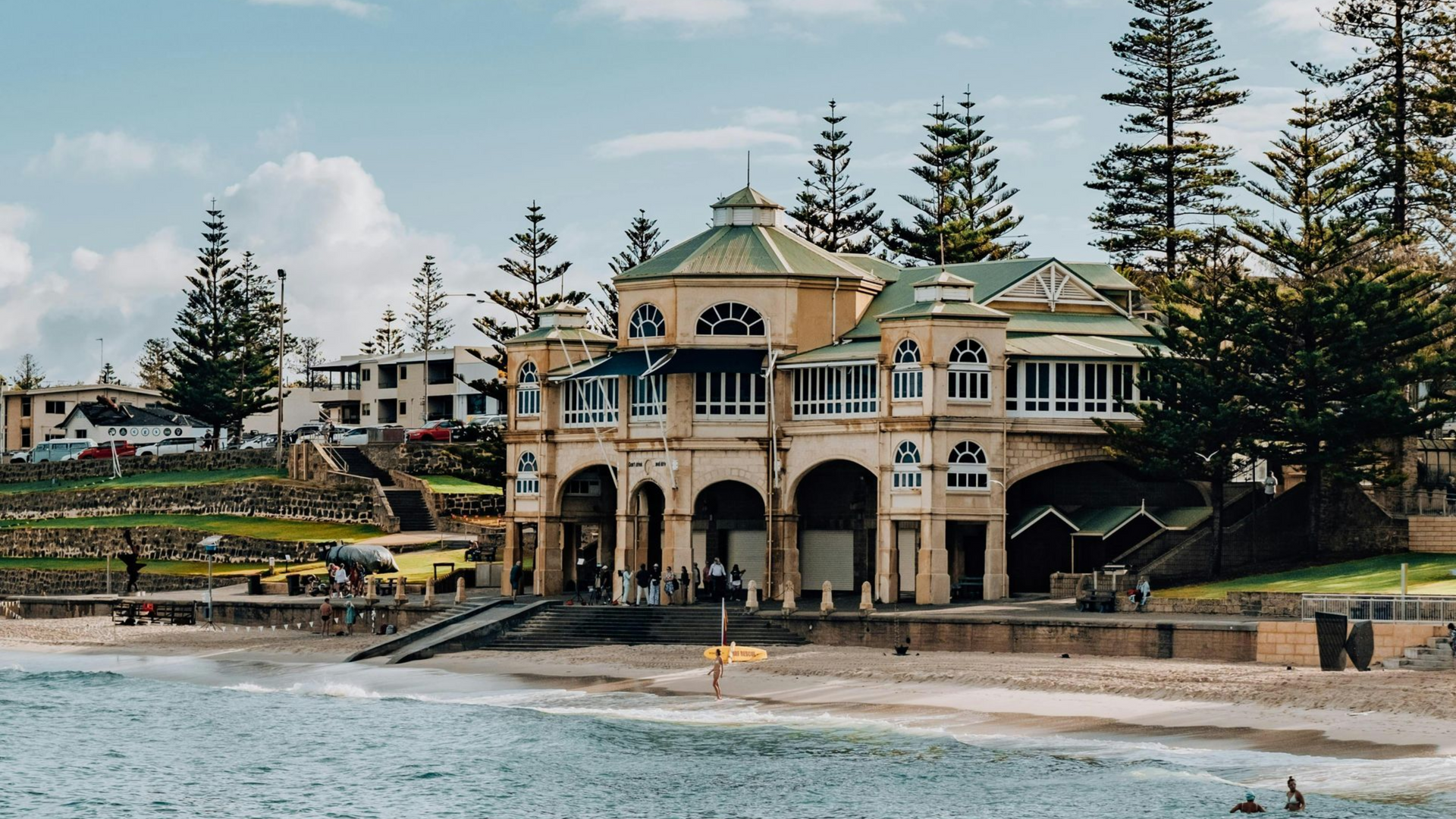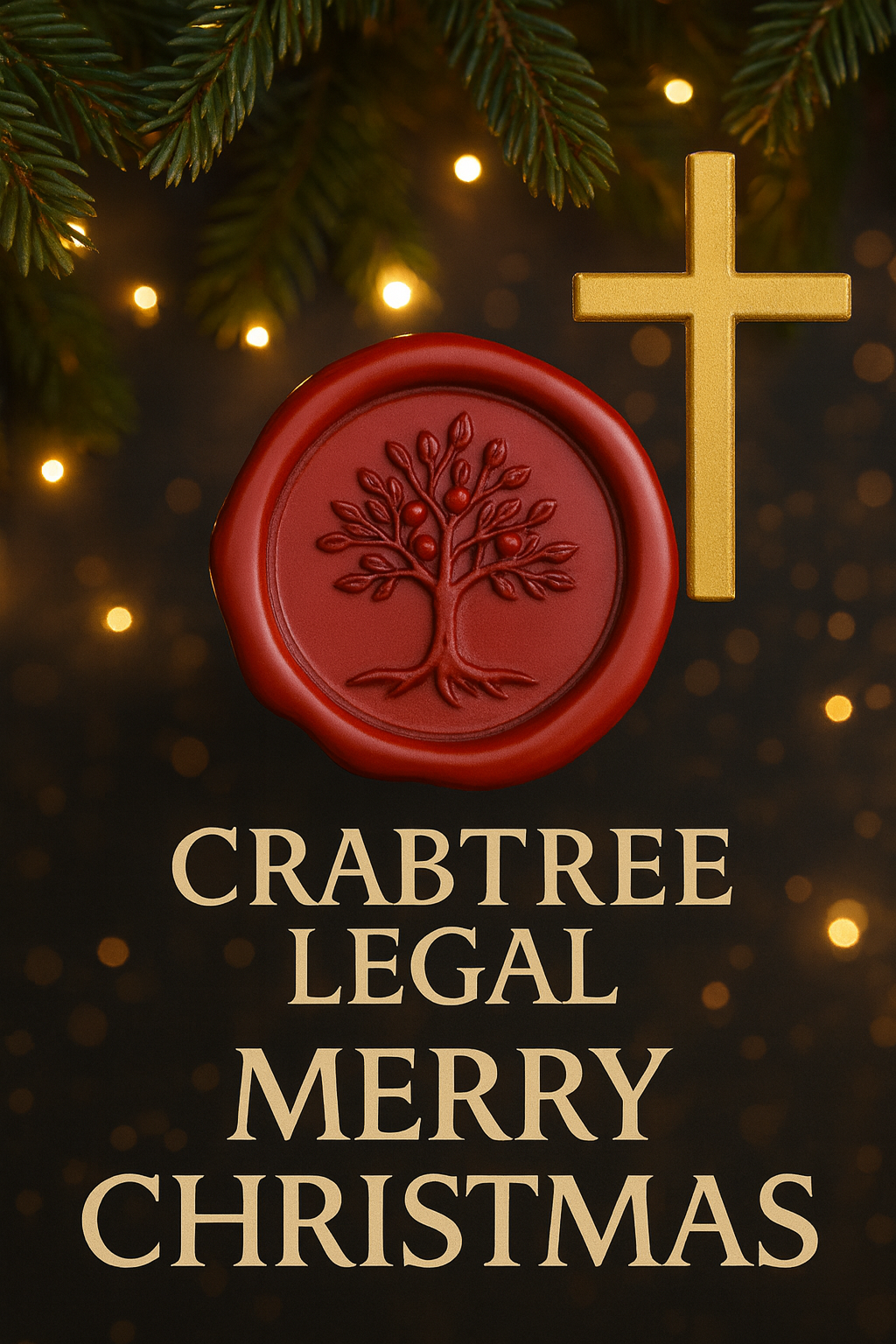What Happens to Your Estate If You Die without a Will in Western Australia (after 5 July 2025)

Making a Will is the best way to ensure your assets and wishes are respected after your passing. But what happens if you die without a Will in Western Australia? The law refers to this situation as “dying intestate”, and your Estate will be distributed according to strict rules set out by the Administration Act 1903 (WA), specifically section 14. This can have unexpected consequences for your loved ones, and may not reflect your wishes.
How Is Your Estate Distributed Under Section 14 of the Administration Act 1903 (WA)?
When someone passes away without a valid Will in WA, their estate is distributed to eligible relatives in strict proportions prescribed by law. The following summarises how assets are distributed, depending on which family members survive you:
- Spouse/de facto partner only = all to spouse/de facto partner.
- Spouse/de facto and child(ren) of both = $546,000 (as at 5 July 2025) plus one-third to spouse; remaining two-thirds equally between children.
- Spouse/de facto and child(ren) (not all shared) = $546,000 (as at 5 July 2025) plus one-third to spouse; remaining two-thirds equally between children (including any from other relationships).
- Spouse/de facto and no children, but parents and siblings (or nieces and nephews) = $815,500 (as at 5 July 2025) plus half to spouse; with the remaining half a first amount of $65,500 (as at 5 July 2025) to the parents and the rest equally between parents and siblings (or nieces and nephews).
- Children and no spouse/de facto = all equally among children.
- No spouse, no children, but parents only = all to parents.
- No spouse, no children, but parents and siblings (or nieces and nephews) = first amount of $65,500 (as at 5 July 2025) to the parents and the rest equally between parents and siblings (or nieces and nephews).
- No spouse, no children, no parents, but siblings (or nieces and nephews) only = all equally to siblings (or nieces and nephews).
- No spouse, no children, no parents, no siblings, but grandparents = all equally among grandparents.
- No spouse, no children, no parents, no siblings, no grandparents, but aunts and uncles (or cousins) = all equally among aunts and uncles (or cousins).
- No eligible relatives = your Estate goes to the State of Western Australia.
Why Is Intestacy Often a Problem?
If you die without a valid Will, you lose control over who receives your assets. For example:
- Your spouse might have to share your Estate with children from another relationship, causing stress and uncertainty.
- Children, parents or siblings might inherit more (or less) than you intended.
- People you care about may miss out completely—such as stepchildren, friends, or charities.
- Disputes and delays are far more likely.
Secure Your Legacy—Plan Ahead
If the default rules above are not what you want for your loved ones, the best solution is to prepare a legally valid Will that reflects your wishes.
Contact Crabtree Legal Today
As a veteran owned and operated law firm based in Perth, WA, Crabtree Legal is ready to help you:
- Draft a Will tailored to your unique circumstances.
- Advise on Estate Planning, including Superannuation and Trusts.
- Create Powers of Attorney and Guardianship documents.



